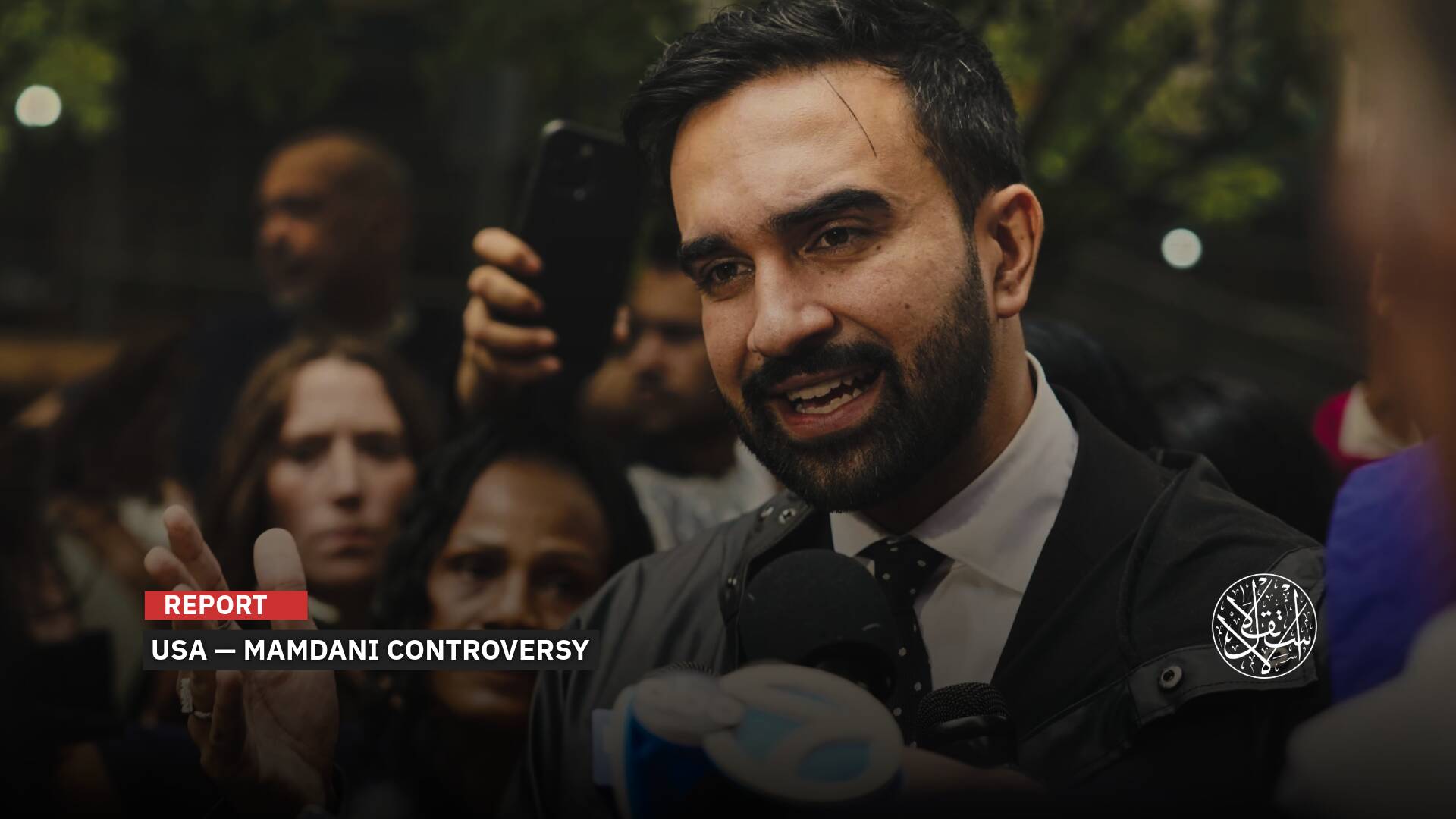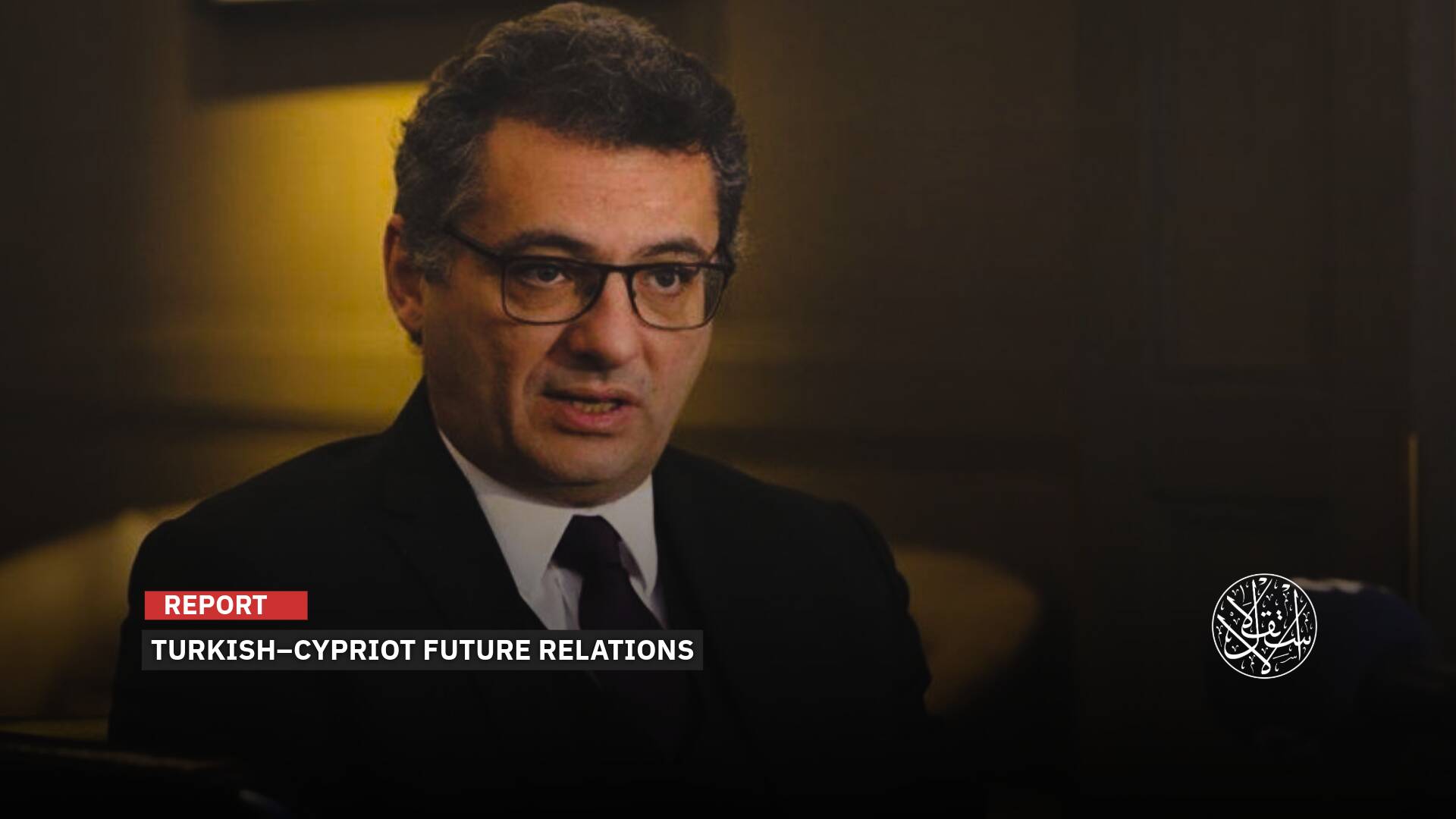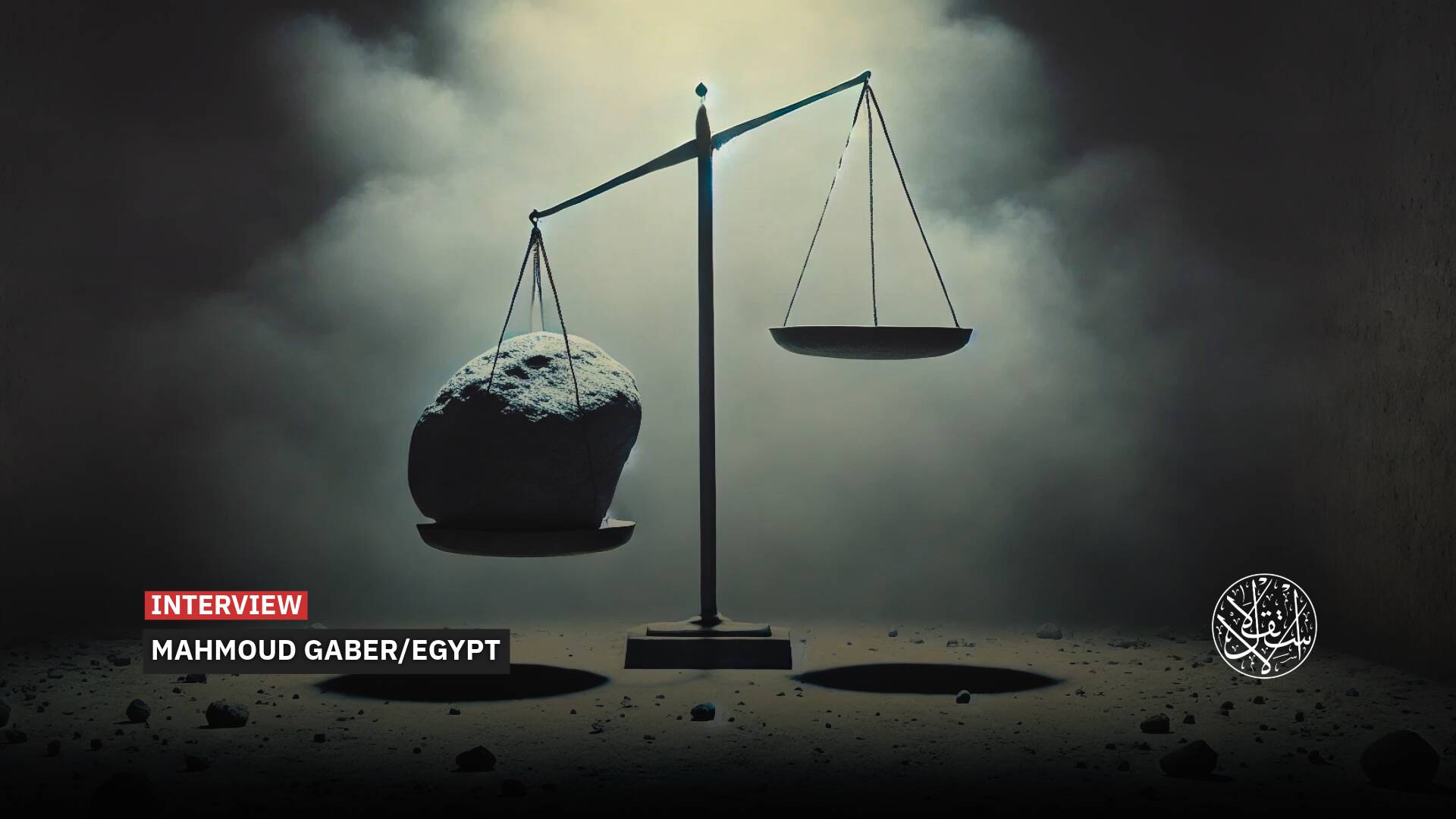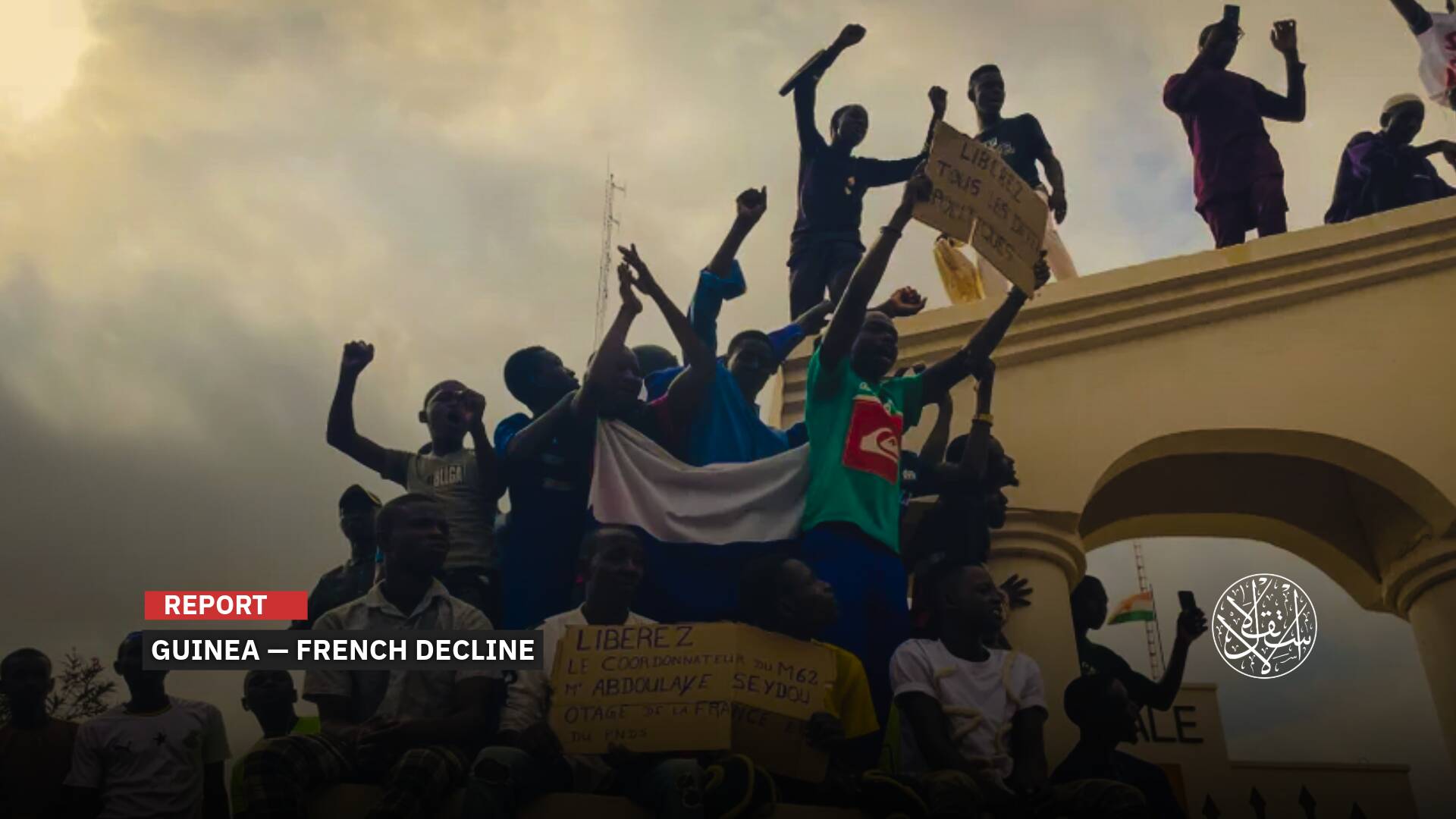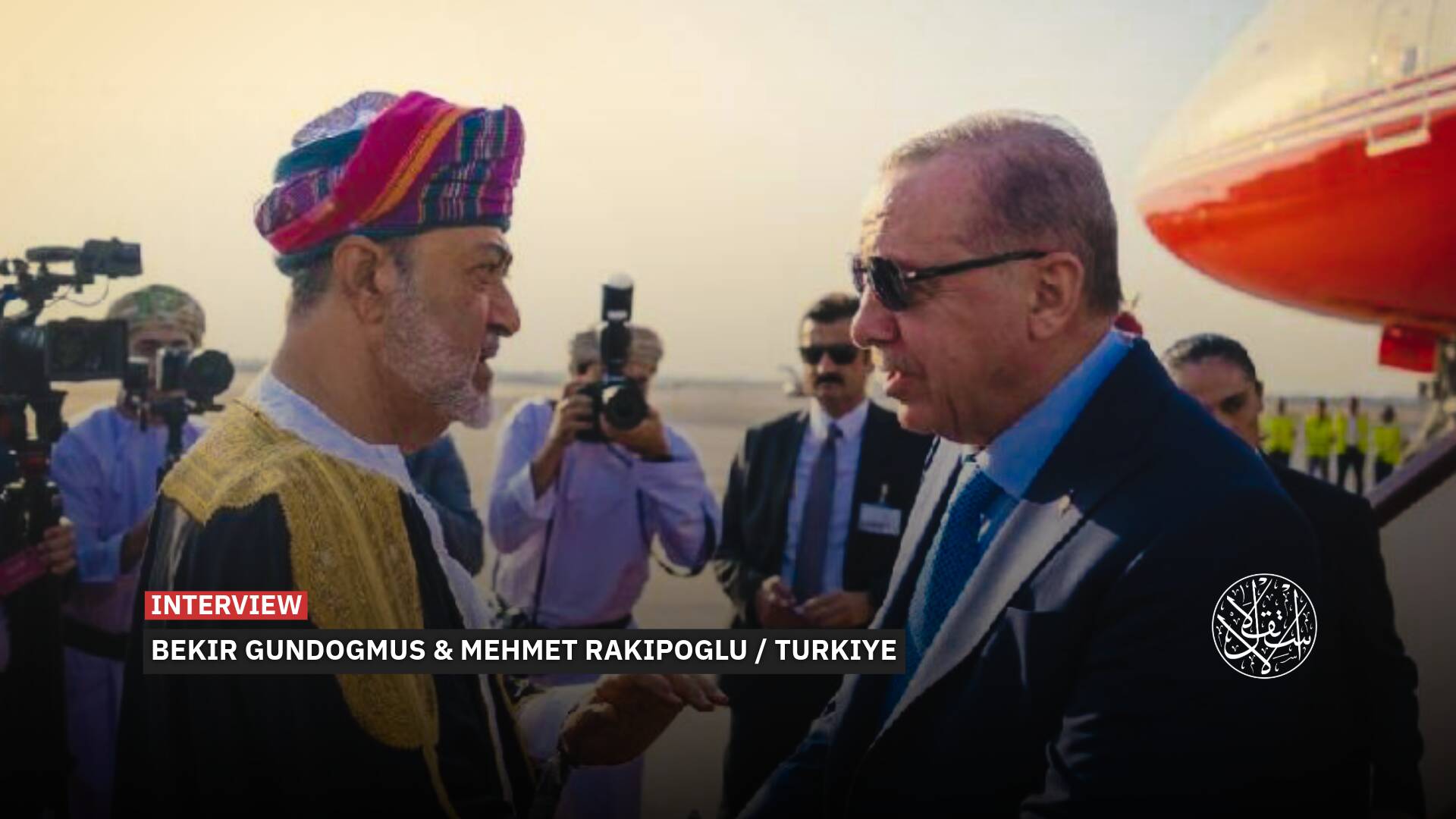Why Is U.S. Congress Pressure Mounting to Withhold Aid to Egypt?

A group of lawmakers in the House of Representatives urged President Joe Biden to withhold $300 million in military aid to Egypt, citing the country’s dismal record on human rights.
The letter, signed by 11 Democrats led by Representative Gregory Meeks, the chairman of the House Foreign Affairs Committee, echoed a similar appeal by a group of senators two weeks ago.
The lawmakers said they were deeply troubled by reports from the State Department and various human rights groups that the Egyptian government, led by President Abdel Fattah el-Sisi, had imprisoned thousands of people on politically motivated charges, subjected them to abuse, and denied them medical care.
They also accused Egypt of violating human rights beyond its borders, pointing to its involvement in the conflict in Libya and its crackdown on civil society in neighboring countries.
New: US Sen. @ChrisMurphyCT and 10 other lawmakers urge the Biden administration to withhold $320 million of Egypt's annual $1.3 billion in military aid in line with FY22 Appropriations Act.
— Jared Szuba (@JM_Szuba) July 28, 2023
"For each political prisoner that has been released, Egypt has detained three more." pic.twitter.com/Dj1Pbtvk64
Joint Statement
The letter acknowledged the longstanding and complex relationship between the United States and Egypt, which includes security and political cooperation in the region.
But it added that the Biden administration should adhere to the law that requires it to certify that Egypt is making progress on human rights before releasing any of the $320 million in foreign military financing for the fiscal year 2022.
“As we continue to advocate for prioritizing basic human rights in our foreign policy, we urge the administration to uphold the spirit and letter of the law in advancing the U.S.-Egypt relationship,” the letter said.
“We urge you to withhold all $320 million in military aid until Egypt’s human rights record improves substantially.”
The letter was based on a joint statement by Human Rights Watch, Amnesty International, and 20 other organizations that called on the Biden administration not to certify Egypt’s compliance with human rights conditions.
The statement cited a report by Reporters Without Borders that ranked Egypt as one of the worst jailers of journalists in the world and said that the country had fallen far short of the hopes for freedom sparked by the 2011 revolution.
The letter from the House members followed an earlier one from 11 senators, led by Senator Chris Murphy, a Democrat from Connecticut and the chairman of the subcommittee on Middle East affairs of the Senate Foreign Relations Committee.
Senator Murphy is one of the most vocal critics of President Sisi in Congress and has repeatedly defended his call to withhold part of the aid from Egypt.
In a tweet last month, he responded to a critic who accused him of wanting to push Egypt toward economic collapse by saying: “300 million dollars of U.S. military equipment causes an economy worth 380 billion dollars to collapse?”
He also noted that the Foundation for Defense of Democracies, a conservative think tank based in Washington, had argued against providing weapons aid to a country with 60,000 political prisoners.
a. $300m less U.S. military equipment is going to collapse a $380 billion economy?
— Chris Murphy (@ChrisMurphyCT) July 30, 2023
b. There's nothing more Washington than a group called Foundation for Defense of Democracies arguing to keeping giving no strings weapons aid to a country with 60,000 political prisoners. https://t.co/lZvNOguxgl
Biden Dilemma
As President Biden vowed to put human rights at the center of his foreign policy, his administration faced a dilemma over how to deal with Egypt, a longtime ally and a key player in the Middle East.
The issue was whether to withhold part of the $1.3 billion in annual military aid that the United States provides to Egypt, as Congress had mandated, or to waive the conditions and continue the assistance without any strings attached.
The aid, which dates back to the 1979 peace treaty between Egypt and the Israeli occupation, is meant to bolster the strategic partnership between the two countries and to support Egypt’s stability and security in a volatile region.
But it has also drawn criticism from human rights groups and some lawmakers, who accuse Egypt’s president of presiding over a brutal crackdown on dissent, civil society, and the media.
Last year, Foreign Policy magazine reported that the Biden administration and Congress were locked in a heated dispute over the aid, with some officials arguing that cutting it would jeopardize the relationship with Egypt and undermine U.S. interests in the region, while others insisted that waiving the conditions would send a signal that human rights violations were tolerated by Washington.
The magazine said that Congress had imposed a rule that about $300 million of the aid had to be contingent on Egypt’s compliance with some basic human rights standards, such as releasing political prisoners, respecting freedom of expression, and allowing civil society organizations to operate freely.
The tension between the two branches of government was evident in the lack of communication between President Biden and President Sisi in the first months of Biden’s presidency.
Biden did not speak to Sisi until May 2021, when he called him to discuss the Israeli-Palestinian conflict that erupted in Gaza.
Before that, there were no contacts at the ministerial level either, and Sisi was noticeably absent from Biden’s phone calls with other regional leaders.
This contrasted sharply with the warm relationship that Sisi enjoyed with former President Donald Trump, who once called him “my favorite dictator” and praised him as a “great leader.”
Biden, on the other hand, had signaled during his campaign that he would take a tougher stance on Egypt’s human rights record. In July 2020, he tweeted: “No more blank checks for Trump’s favorite dictator.”
Mohamed Amashah is finally home after 486 days in Egyptian prison for holding a protest sign. Arresting, torturing, and exiling activists like Sarah Hegazy and Mohamed Soltan or threatening their families is unacceptable. No more blank checks for Trump’s "favorite dictator." https://t.co/RtZkbGh6ik
— Joe Biden (@JoeBiden) July 12, 2020
Not Enough
The pressure from the Biden administration seemed to have some modest effects on human rights in the region, such as the release of Loujain al-Hathloul, a prominent Saudi activist who was sentenced to almost six years in prison for advocating women’s rights.
But it remained unclear whether it would have any impact on Egypt’s behavior or whether Biden would ultimately decide to cut or waive the aid.
The Biden administration has faced growing pressure from Congress to take a tougher stance on human rights abuses in Egypt and Saudi Arabia, two key allies in the Middle East.
The Washington Post argued that the decision to withhold a small fraction of the aid was not enough to deter Sisi from continuing his violations, and that the message would have been stronger if the entire amount related to human rights had been withheld.
Some members of Congress have echoed this sentiment and urged the administration to take bolder action.
Anas Rashad, a researcher in international relations, told Al-Estiklal that the congressional pressure reflects the longstanding tension between Democrats and Egypt since the Obama era.
“In 2013, Obama supported Mohamed Morsi, the democratically elected president who was ousted by Sisi in a coup d’etat, and he even suspended some of the aid to Egypt after the coup,” Rashad noted.
“Similarly, Biden’s administration is an extension of Obama’s administration, and Democratic lawmakers are moving from this standpoint,” he added.
Rashad also said that some lawmakers believe that Washington is blackmailing Cairo since Egypt no longer has the same international weight as it did when it signed the Camp David agreement with the Israeli occupation in 1978.
“Gulf countries have become more influential than Egypt in regional politics,” Rashad mentioned.
“The administration has until September 30 to decide whether to release or withhold the aid to Egypt. It remains unclear whether it will heed the calls from Congress or maintain the status quo,” he concluded.






